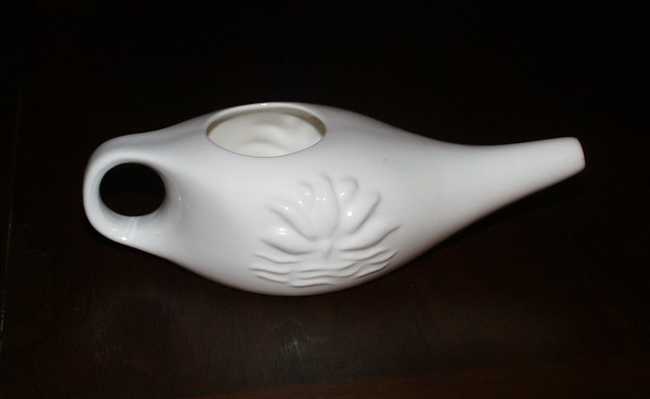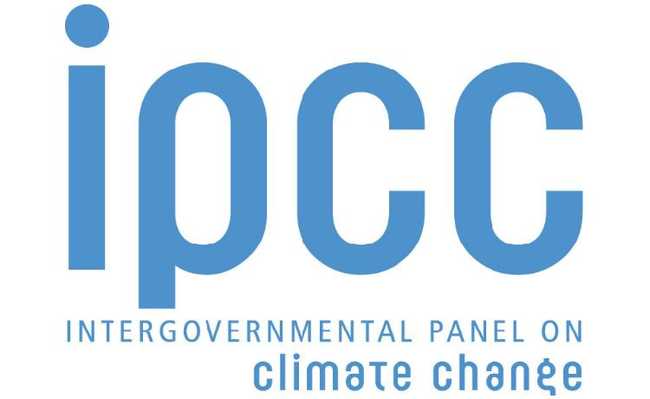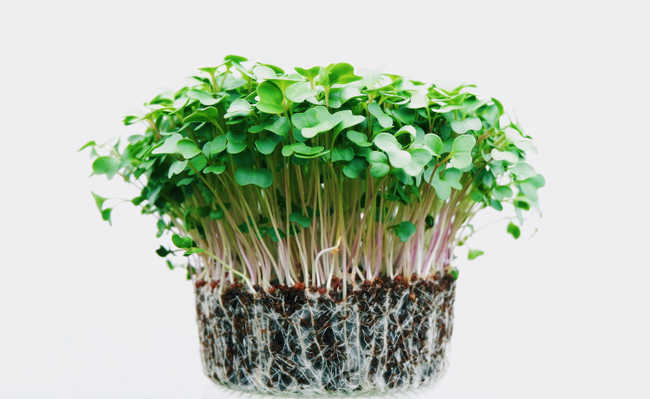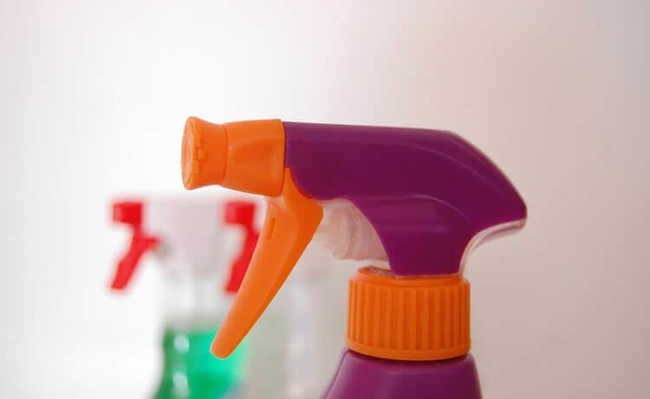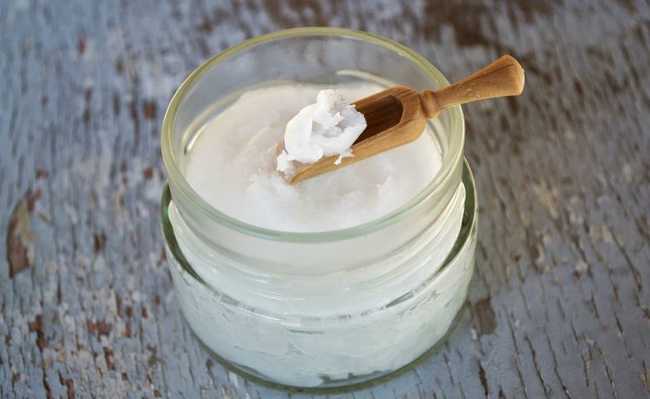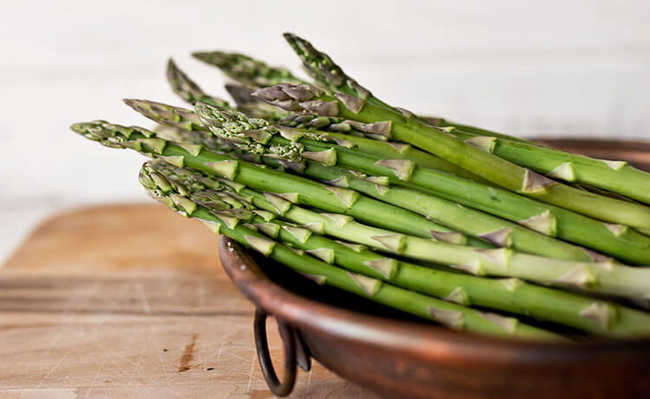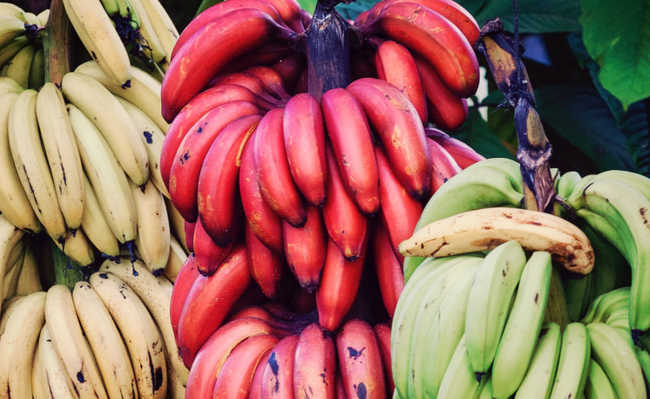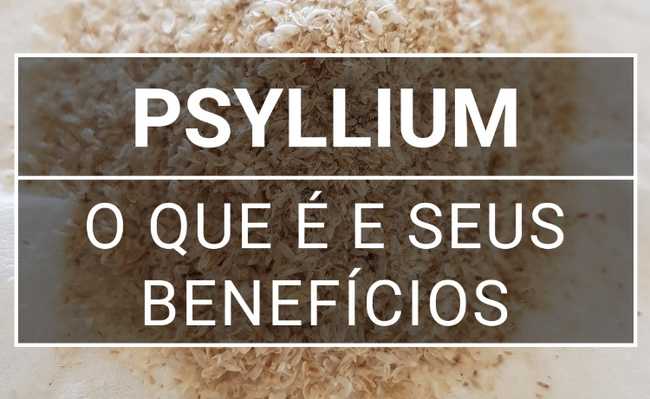Learn How to Wash Your Hands Properly
Understand, practice and teach children the importance of washing their hands correctly

Edited and resized Curology image is available on Unsplash
Every child learns at school that we should wash our hands before meals and before and after going to the bathroom. But do you still remember the reasons? Washing your hands is so important that you received even a day to raise awareness of your need and the benefits that this habit brings to everyone's health, preventing the transmission of infections by microorganisms. World Hand Hygiene Day was created by the World Health Organization (WHO) in 2009 and is celebrated on May 5th.
- More than half of our body is not human
In general, these microorganisms are transmitted in four ways: direct contact, indirect contact, droplets of respiratory secretions and through the air. As the hands are always in contact with different environments and surfaces, they are very vulnerable to acquiring microorganisms potentially harmful to health.
According to the National Health Surveillance Agency (Anvisa), the simple act of washing hands with soap and water can reduce the microbial population present in this part of the body, interrupting the transmission of diseases. The application of alcohol-based antiseptic products further reduces the risks. Properly washing hands after passing through public places is the simplest and least expensive individual measure to prevent the spread of microorganisms.
Research by the University of Arizona shows that a toilet contains much less bacteria than a worktable, where the number is up to 400 times higher. Dr. Charles Gerba, professor of Environmental Microbiology at the university, says that this happens because, in addition to the lack of hand hygiene, when putting makeup, snacks and a desk on the workplace table, it creates an easily accessible bridge for the transmission of microorganisms. Gerba also explains that there is not so much basis in people's concern about sanitizing the seat when they sit on the toilet in a public restroom - there are other places in the restroom that are more prone to bacteria, such as doors and doorknobs.
when to wash your hands
When you touch people, surfaces and objects throughout the day, you accumulate micro-organisms on your hands. As a result, you can become infected with these germs by touching your eyes, nose or mouth, or passing them on to other people. While it's impossible to keep your hands free of microorganisms, washing them often can help limit the spread of infections from bacteria, viruses, and other harmful germs.
Always wash your hands before:
- Prepare food or eat;
- Inserting or removing contact lenses;
- Treating wounds or caring for a sick person.
Always wash your hands after:
- Handle garbage;
- Prepare the food;
- Blowing your nose, coughing or sneezing;
- Treating wounds or caring for a sick person;
- Handle food or snacks for pets;
- Using the toilet, changing a diaper, or cleaning a child who has used the toilet.
Also, wash your hands when they are visibly dirty.
Avoid hot water to wash your hands
Despite being more pleasant in cold weather, the use of hot water when washing hands causes damage to the environment, such as wasting energy and air pollution. Amanda Carrico, a professor and research assistant at the Vanderbilt Institute for Energy and the Environment, told National Geographic in an interview that while washing her hands once with hot water seems to have no impact at all, as she expands her practice in On a large scale, the habit can greatly increase the level of CO2 emissions. And if you have sensitive skin, hot water can cause skin irritation and even lead to bacterial colonization, rather than decreasing the amount of microorganisms.
In terms of sanitization, while it is true that heat kills germs, the water would have to be very hot for this to be worth washing your hands as well.
Anti-bacterial hand washing soap
Advertisements claim otherwise, but bactericidal soaps can pose health risks. This is because they eliminate almost all types of micro-organisms present in the skin (including some potentially beneficial ones) and increase the resistance of the few bacteria that are not eliminated with the product, making future generations of the micro-organism even more resistant to bactericides. Much of this is due to triclosan. Ordinary soap is already quite effective for hand washing.
- What are probiotic foods?
- Ecocide: the ecological suicide of humans, bacteria and other beings
What is the best way to wash your hands?
The best way to wash your hands is using soap and water. To properly wash your hands, follow these steps:- Wet your hands with clean running water - warm or cold;
- Apply soap;
- Rub your hands together for at least 20 seconds. Remember to rub all surfaces, including the backs of your hands, wrists, between your fingers and under your nails;
- Rinse well;
- Dry your hands with a clean towel or let them dry naturally.
Check out a video on how to wash your hands properly:
How to use an alcohol-based hand sanitizer
Alcohol-based hand sanitizers are an acceptable alternative when water and soap are not available. If you use a hand sanitizer, make sure the product contains at least 60% alcohol. To correctly use a disinfectant, follow these steps:
- Apply the gel product in the palm of one hand;
- Rub your hands together;
- Rub the gel onto all surfaces of your hands and fingers until they are dry.
Children also need to wash their hands
Help children stay healthy by encouraging them to wash their hands often. Also, supervise children who use alcohol-based hand sanitizers. Ingestion of these products can cause alcohol intoxication. Also check out a great song to positively encourage children to want to wash their hands:
Now you have no more excuses to stop washing your hands. Make this practice a habit, as it is very effective for your health and those close to you.

